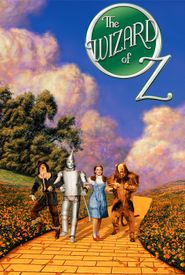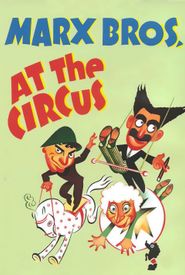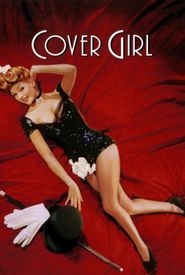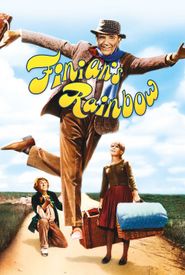Edgar Yipsel Harburg, born Isidore Hochberg, was a renowned American lyricist who rose to fame amidst the vibrant cultural landscape of New York City's Lower East Side. Growing up in the working-class Jewish ghetto, Harburg's early life was marked by his friendship with Ira Gershwin, a collaboration that would span decades and yield some of the most iconic songs in American musical theater.
After high school, Harburg's wartime service was marked by a lucrative job in Uruguay with the Swift & Co. meat-packing firm. Upon his return to New York in 1920, he became a partner in an appliance business that thrived throughout the 1920s, only to falter in the aftermath of the 1929 stock market crash.
Undeterred, Harburg turned his attention to lyric writing, with Gershwin providing a crucial $500 loan and introduction to composer Jay Gorney. Together, they crafted songs for Broadway revues and early film musicals, including the unemployment anthem "Brother, Can You Spare a Dime?" in 1932.
This breakthrough was followed by a string of successes, including "April in Paris" (with Vernon Duke) and "It's Only a Paper Moon" (with Harold Arlen),both of which premiered on Broadway in 1932. For the next 12 years, Arlen would remain Harburg's most important collaborator, with the partnership reaching its peak with the 1939 classic, The Wizard of Oz.
Throughout the 1940s, Harburg continued to contribute to films and Broadway shows, including the satirical "Bloomer Girl" (with Arlen) and "Finian's Rainbow" (with Burton Lane). These works showcased Harburg's mastery of lyrical dexterity and social commentary, tackling racism and capitalism with wit and intelligence.
However, his liberalism would ultimately lead to Harburg's blacklisting by Hollywood in the 1950s, effectively silencing his work for decades. Undeterred, Harburg continued to write, collaborating with Jule Styne, Earl Robinson, and others, until well into his eighties.
Despite the challenges he faced, Harburg's legacy as one of America's greatest lyricists remains unimpeachable, his songs and shows continuing to delight audiences to this day.






















